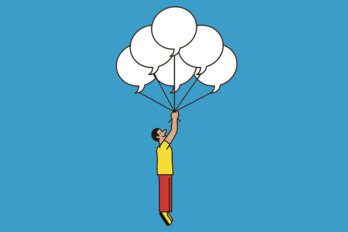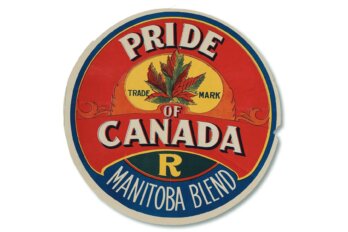I’ve been working on a series of poems about the lives and experiences of African Canadians (British North Americans at the time) who joined the Union army in the American Civil War to free their enslaved brethren suffering under the Confederacy’s bullwhips. As described by Canadian historian Richard Reid, these volunteers would have been recent immigrants who either had escaped slavery via the Underground Railroad or were free individuals who had moved to be with relatives in present-day Ontario, Quebec, and the Maritimes. They signed up fully aware of the racism and hostility they’d experience from European American Union soldiers and civilians. The African Canadians fought under awful conditions: they were insufficiently equipped for combat, inadequately fed, and underpaid. Some perished in disease-ridden and squalid training camps. Moreover, if captured, African Canadians were likely to experience much harsher treatment than their white brothers-in-arms were.
To better conjure up the spirit of the time, I compiled my own dictionary of Civil War slang. My hope is that seeing these unique words will put readers in the mindset of the soldiers themselves.
—Michael Fraser
Outside Chatham
The forenoon spudges along with sposh
dew dripping down its tow-sack chist.
I walk past the cradle knoll dip, searching
for the bistre mare’s upping block.
Now that Hosea is off soldiering, his tools
play hide-and-seek laying in blackberry
bramble or pickney dragged under
gnarled oak fence studs.
My mind is work boiled, and all Noah’s
creatures say winter will devil us, strip hope
past its lean marrow. Chipping sparrows
and ovenbirds depart early for southern sun,
August fogs cover short lakes painting inland
meadow streams, eager mice have charged
their residence in the hayloft’s mow,
the woolly worm’s orange bands forth putting
flames across fuzzed hatchling backsticks,
and I’ve never seen more teased wool
canvas our border yard sheep.
Through leaf, pine barren, water, and sky, the Lord
is all warning, some horror is readying its time.
French Leave
I’m on dog watch,
drafting my eyes through
frayed waterlines, salted spray
moves heady pools, the ocean
bounds the flush deck, eddies,
paints the soaked dunsels.
I serve without commission
while my salary drindles.
I don’t want to go on the prod
planting rippets with our sass-box
skipper, or grape up the Yankee
blue jackets, all barrel bottomed,
and deaf to negro bellyaches.
Months gale around flapping sails,
brushing the mizzen gaff,
almost makes me lay out when
trunk-wide oak booms fluke
past my head.
I am dropping stones
with shakes and quick-step,
my stomach fires and falls back,
the rib lines pronounced
beneath my shirt.
When we make home port,
and whites go down the line,
me and Silas will hoof it
through bubby bush and pine breaks,
suggin sacks slapped to our shirt backs,
hoping for abolitionist hovels.
When we daylight to Niagara swells,
we’ll hitch cut sourwood, arriving
in Upper Canada no-poke penniless,
ready to tell our betters how Yanks
gaffled, tolled, and fushed us out,
hoping we’d be rat-meal flakes.
Henry Williams, Fourteen Years Old
They took me by the blindside,
asked into for help loading stoneboats.
I coonjinned decking logs and set the
tumpline down, removing sliver spikes
from my log-brushed hemp shirt.
One shiner and a redhead set into me.
Of course I can read, I says, and I
revealed the Bible page he furnished
clear as the Lord had placed the words.
His smile drummed the air, and he
produced poke-bag paper, wanting to
know if I could quill my name. Then
they asked me again, now suspicion bit
into my idea pot. Their eyes glazed fire,
cutty-eyed, insisting I had orders to follow.
I was now soldiered, bonded to march or
face the coward’s cage. Mama tried to stop
the subterfuge unfolding my name, tried
the charity of higher-ups who were too
weak to lift my signature. We couldn’t force
time back up its hill or make the river return
to its shy spring source. Whenever I glim
my backstick past, I know that woods-queer
moment was devilish, more engineered than
blind chance. They scrap-dog whook and trim
me, clunk me as a timber beast. One day, I’ll
snap back, rip them like a haired up plott hound.





